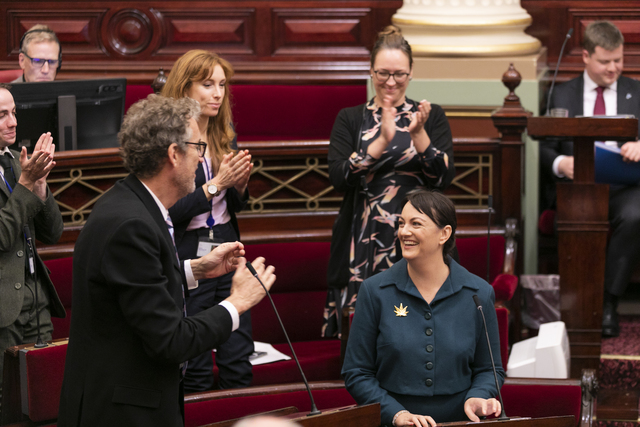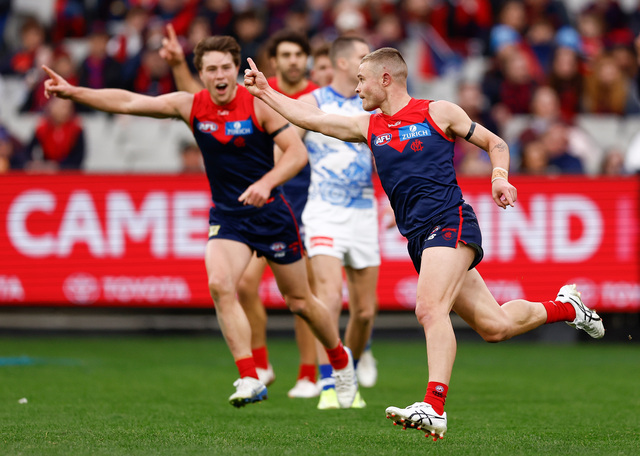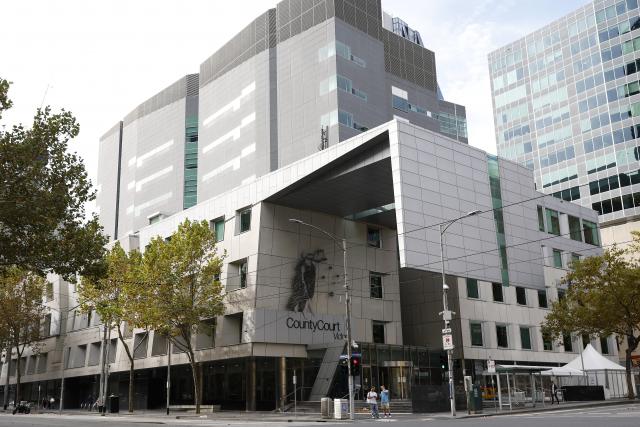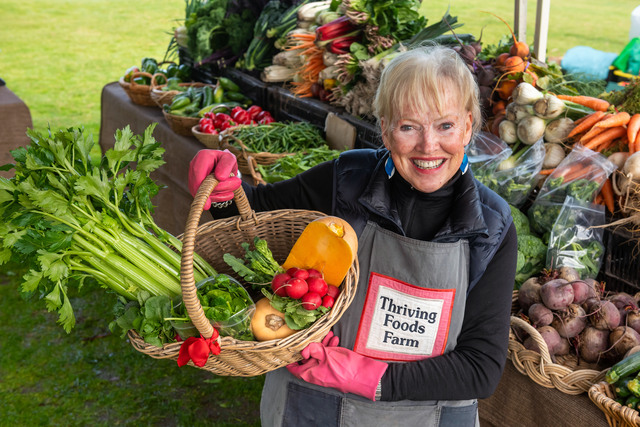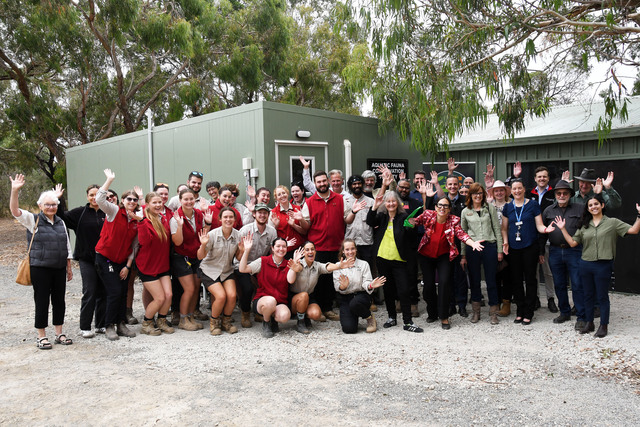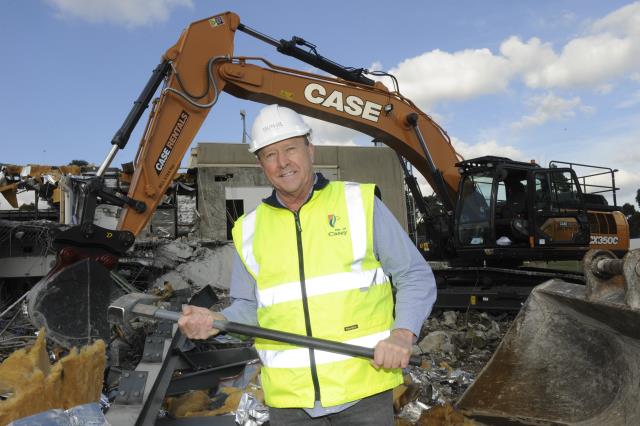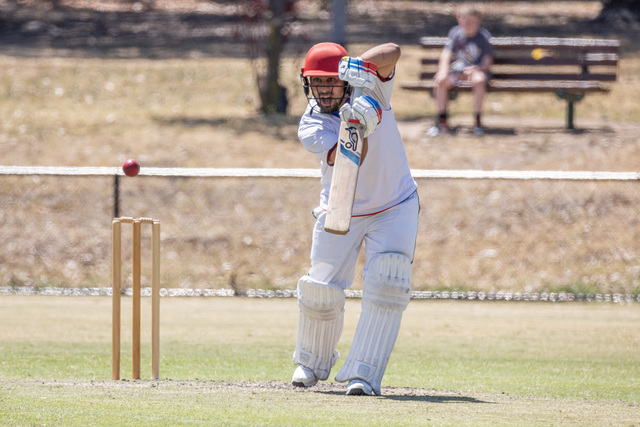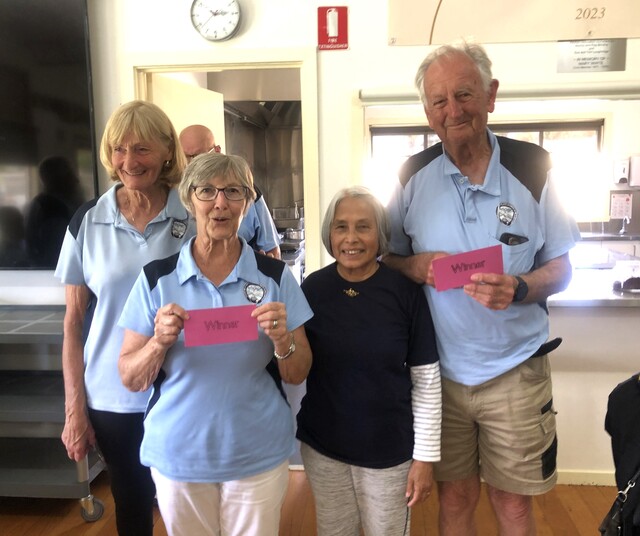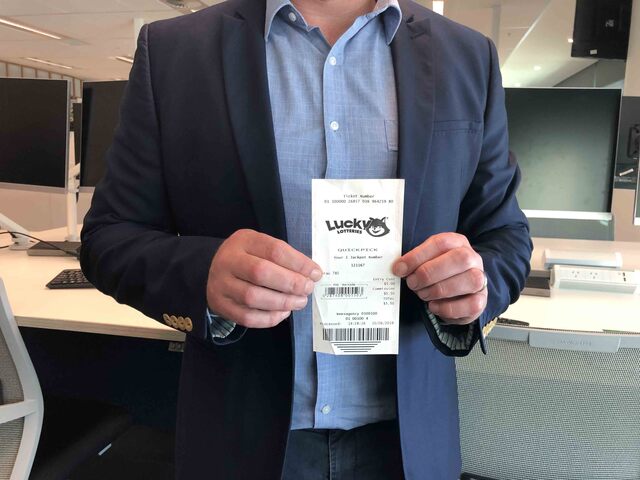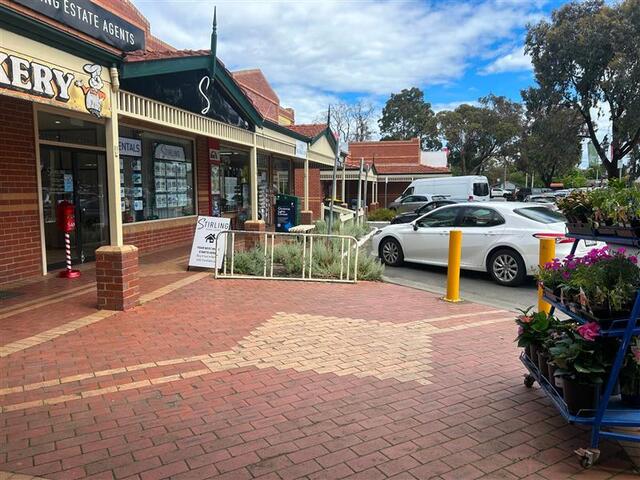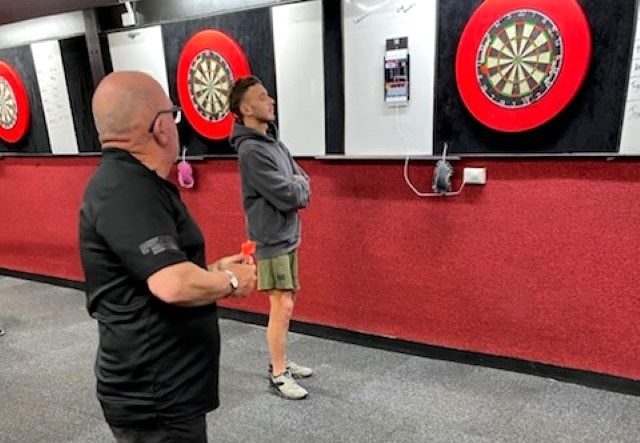By LACHLAN MOORHEAD
EVEN before she travelled to Gallipoli this year, Gul Dasta Ali knew more than most 14-year-olds about the impact of war.
Her father was killed in Afghanistan under the Taliban regime soon after Gul was born.
This tragedy saw Gul, now a student at Alkira Secondary College in Cranbourne North, flee with her family to Pakistan and then on to Australia where they have lived for the past 10 years.
This connection to war held a special significance for Gul when the Casey teen travelled to Gallipoli in April as one of 80 student delegates to represent Victoria at the 2015 Anzac Dawn Service.
When she was recognised by the council recently with her Casey peer Sammy who also travelled to Gallipoli, Gul spoke of the ever-lasting toll of losing loved ones in conflict.
“I think it was just, understanding war,” Gul told Star News.
“I saw that within my own family, the impact of war. You see it all over the news… I think it personalised the issue for me.
“I look at the Anzacs as humans, as people, as individuals who had families.”
Gul’s family moved to Victoria after applying for a humanitarian visa as the conflict in Afghanistan waged on.
She came to Australia when she was so young that she can’t remember too much of her time spent in the Middle East.
Australia has always been her home.
And in this way as well Gul’s journey to Turkey was made extra special as she stood in the “ice-cold darkness” before the Anzac service.
“We stood amongst thousands of Australians and New Zealanders awaiting the break of dawn at the shores of Gallipoli to remember and honour the fallen,” Gul has written.
“After there was a three kilometre walk up a steep track to Lone Pine for the Australian service, we welcomed a seat in the stands and commemorated all those who served not (just in) the Gallipoli campaign but all the conflicts and peace keeping settlements that Australia has been involved in.”
She said it was important for everyone to “share their connection” with World War I.
“It is important for all young people to discover and share their own connection whether it be a family connection, a connection through the town in which they live or the school they attend,” she said.
“There is so much of this 100-year-old history around us still today.”


